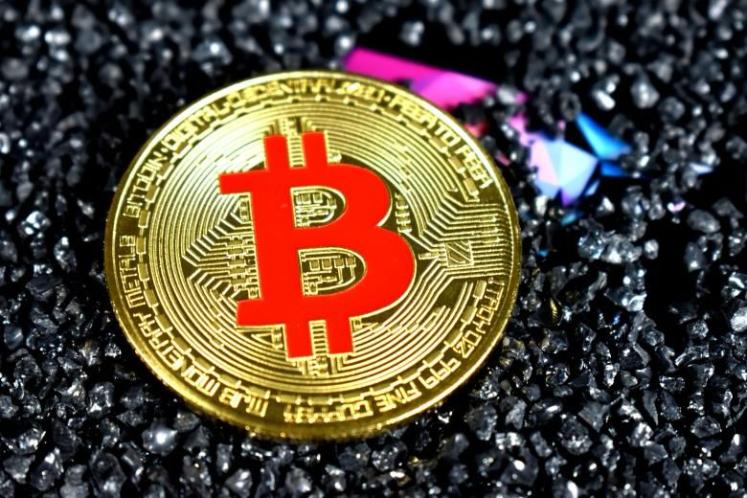- The Trump team is considering using tariff revenues to fund a national strategic Bitcoin reserve.
- Bo Hines emphasized the urgency of securing U.S. dominance in the global digital asset space through innovative, budget-neutral strategies.
In a bold move that could redefine America’s approach to digital assets, the Trump campaign is exploring the possibility of using tariff revenues to fund Bitcoin purchases as part of a broader national strategy. Bo Hines, Executive Director of the U.S. Presidential Digital Asset Advisory Committee, floated the idea in a recent interview with Thinking Crypto, calling for swift action to ensure the U.S. doesn’t fall behind in the global Bitcoin race.
Hines highlighted the importance of establishing a national strategic Bitcoin reserve, a concept aimed at solidifying the U.S.’s influence in the rapidly evolving digital financial ecosystem. He emphasized that the reserve could be built using budget-neutral methods, pointing specifically to tariffs as a potential funding source.
“We have to think creatively and act decisively,” Hines said. “The U.S. should be leading—not reacting—in this new financial frontier.”
While the proposal remains in an exploratory phase, the concept signals a broader shift in Republican thinking toward embracing digital assets, particularly Bitcoin, as part of national economic policy. Under a second Trump administration, such a strategy could position the U.S. as a dominant player in the global cryptocurrency market—potentially rivalling Bitcoin-friendly nations like El Salvador.
Also read: Pi Coin Futures Trading Debuts on Bitunix as Pi Network Eyes Major Comeback
Critics are likely to question both the feasibility and implications of redirecting tariff revenue for crypto investments, especially given the volatile nature of digital assets. However, Hines framed the approach as a matter of economic security and international competitiveness, noting that “strategic accumulation” of Bitcoin could become as important as holding gold or foreign reserves.
As the 2024 election draws closer, crypto is shaping up to be a defining issue in financial policy circles. The Trump team’s openness to innovative funding models for Bitcoin acquisition suggests that the digital asset conversation is no longer theoretical—it’s entering the mainstream.
Whether or not this proposal gains traction, one thing is clear: Bitcoin has officially entered the U.S. political arena.




